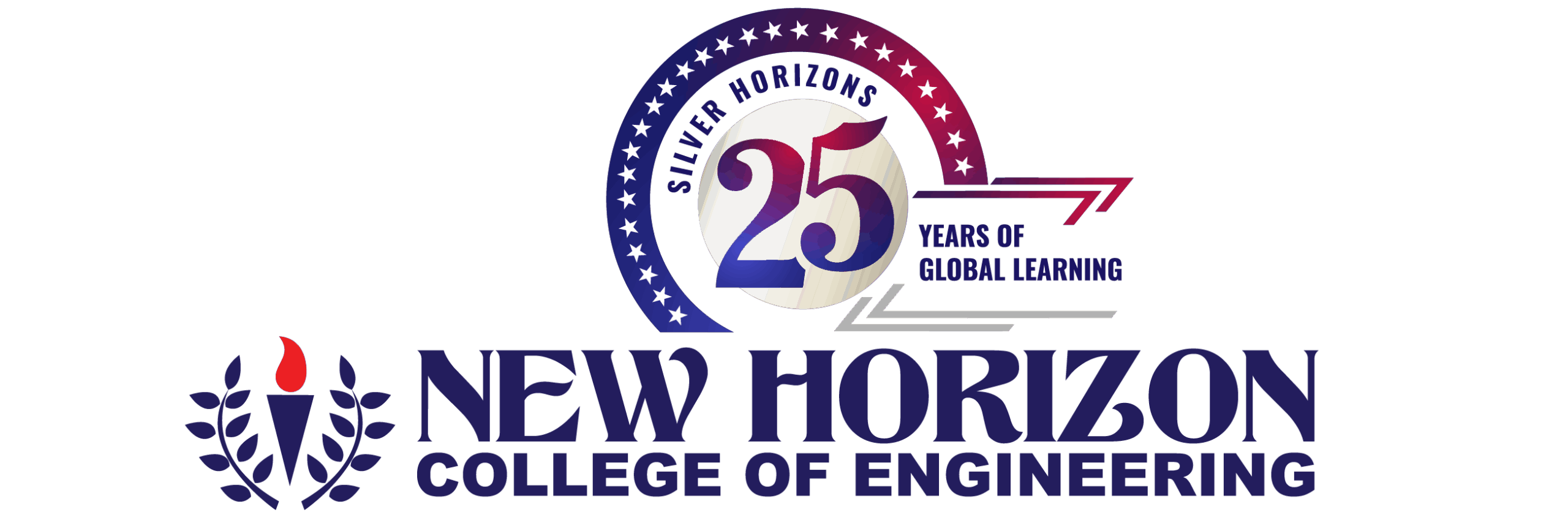What is the Role of Information Technology in Business
IT (Information Technology) is crucial in almost every business activity today. From small startups to multinational corporations, businesses rely on IT systems to enhance efficiency, improve customer reach, drive innovation, and stay competitive. With rapid technological advancements, companies must embrace information technology engineering to remain ahead. Failing to adopt new technologies can leave businesses struggling to compete with global players.
This article explores how information technology engineering supports key business functions across industries. We’ll examine real-world examples of businesses leveraging IT to reduce costs, increase productivity, discover new markets, analyze data insights, and foster innovation. As technology continues to evolve, professionals trained in IT from top engineering colleges play a vital role in shaping the future of business.

Role of Information Technology in Business
Operations
Information technology is very important for making operations management better in many areas, like production, transportation, and service. New technologies like artificial intelligence (AI), the Internet of Things (IoT), and big data analytics make it easier to understand, control, and make key operational processes more efficient. IoT sensors get information from machines, tools, and supply chain assets in real time, which helps keep track of assets and handle inventories. At the same time, big data analytics tools look through a lot of data to find patterns, trends, and information about how things are working.
Health Care
The healthcare business has changed a lot because of IT. It has improved patient care, medical research, and administrative tasks. With an electronic health records (EHR) system, paper medical notes are turned into digital files that can be saved, shared, and accessed safely. Telemedicine platforms allow talks, diagnoses, and treatments to be done from a distance. This makes healthcare more accessible, especially in places where resources are limited. One more thing that healthcare analytics tools do is look at how well patients are doing, find disease trends, and make treatment plans that work well.

Customer Relationship Management
One of the best information science engineering technology is to keep track of customer information, interactions, and sales with the CRM software. This lets you give people more personalised experiences that can keep them coming back. Using ERP systems makes operations more efficient by combining jobs like purchasing, accounting, and project management for the whole company.
Also know about What is Computer Science Engineering?
E-Commerce & Digital Marketing
Information science engineering has changed the way people buy and sell products via e-commerce and digital market platforms. Businesses can now reach across the world, make authentic deals, and offer customers a personalised shopping experience with these platforms. Digital marketing, on the other hand, uses tools like, social media, search engine optimisation (SEO), email marketing and content marketing to connect with customers and make sales.

Cloud Computing
Cloud computing enables businesses to scale operations, reduce costs, and adapt quickly by providing on-demand IT resources. It enhances flexibility, agility, and remote collaboration through secure access to essential data and applications. As cloud technology grows, pursuing an engineering course in cloud computing equips professionals with the skills to develop and manage efficient cloud solutions.
Cybersecurity
Advanced security technologies like firewalls, intrusion detection systems (IDS), encryption, and multi-factor authentication (MFA) protect networks, endpoints, and cloud environments from unauthorised access and malicious activity. Furthermore, comprehensive security protocols and employee training programmes raise awareness about cybersecurity best practices and reduce the risks associated with social engineering attacks, phishing scams, and insider threats.
Data Management & Analysis
Organizations can collect, store, and process vast amounts of data using advanced databases, data warehouses, and analytics tools. This data includes customer preferences, market trends, and internal operations. By leveraging techniques like data mining, machine learning, and predictive modeling, businesses can gain valuable insights into consumer behavior, market dynamics, and efficiency. With the growing demand for data-driven decision-making, Data Science Engineering plays a crucial role in equipping professionals with the skills to analyze and optimize business strategies effectively.

Effective Communication
The Top Information science engineering technology enables seamless communication and collaboration at all levels of an organisation and beyond. Employees can now exchange information, share ideas, and coordinate tasks in real time across geographical boundaries thanks to email, instant messaging, video conferencing, and collaborative platforms. Furthermore, cloud-based collaboration tools allow remote teams to work efficiently on shared documents and projects, promoting creativity and innovation.
Automation & Streamlining Process
Many large and small businesses rely on information technology program to automate and streamline processes which reduces manual labour and increase efficiency. Workflow automation software automates repetitive tasks, reducing errors and delays while increasing consistency and productivity. Robotic process automation (RPA) improves efficiency by automating rule-based tasks across multiple departments, including finance, human resources, and customer service.
Innovation
Information technology courses acts as a catalyst for innovation, giving businesses the tools and platforms they need to gain a competitive advantage in the marketplace. Emerging technologies such as artificial intelligence (AI), machine learning, and the Internet of Things (IoT), open up new possibilities for product development, service delivery, and business models. Businesses that embrace innovation can distinguish themselves from competitors, and seize new market opportunities via information science engineering. Information technology also makes it possible for businesses to experiment, prototype, and develop products iteratively, which promotes an innovative and flexible culture.

Conclusion
In today’s digital age, information technology is critical to all aspects of business operations and strategy. ERP, CRM, business analytics, cloud computing, cybersecurity, and other IT solutions are now required for process optimisation, data-driven decision-making, customer understanding, innovation, and growth. In the recent times, most college graduates opt for IT engineering colleges to master in this sector.
Businesses that fail to prioritise strategic IT investments risk falling behind their more tech-savvy competitors. However, simply leveraging technology is insufficient; companies must also have an innovative, digitally oriented culture and workforce. Organisations must proactively embrace digital transformation through IT to optimise operations, deliver superior customer value, foster innovation, and achieve long-term competitive advantage.
Check Out: Best Engineering colleges in Bangalore
FAQ’s
Small businesses can afford IT investments by leasing equipment, using cloud services with pay-as-you-go plans, and prioritising essential investments based on their specific needs and budget constraints.
Businesses that rely too much on IT run the risk of experiencing operational disruptions from system failures, cybersecurity threats, and reliance on outside vendors for essential services.
IT helps businesses gain a competitive advantage by enabling process efficiencies, data-driven decision-making, improved customer experiences, and more.
IT investments by themselves do not ensure success, even though they can greatly increase competitiveness and business operations. Success is determined by factors such as strategic planning, effective implementation, alignment with business objectives, etc.





